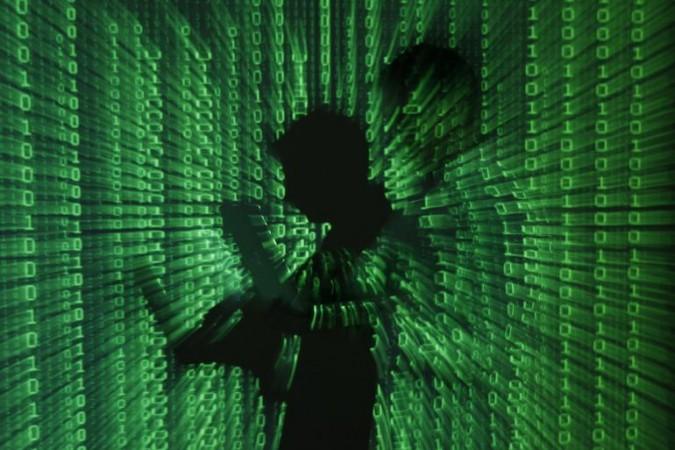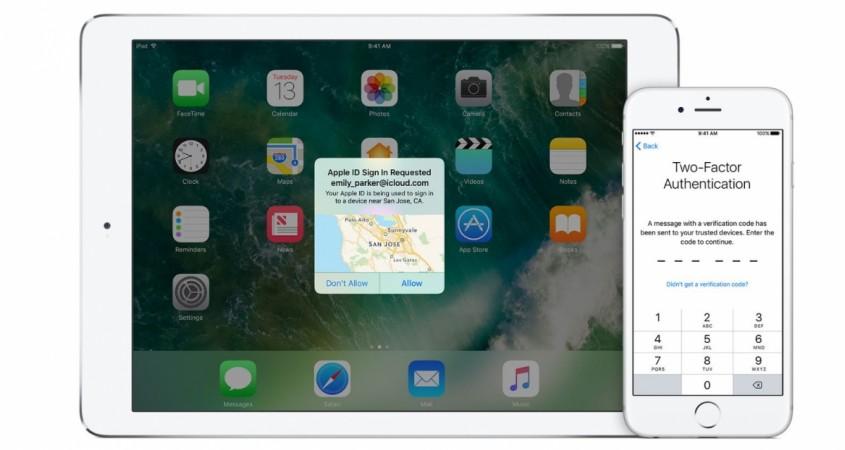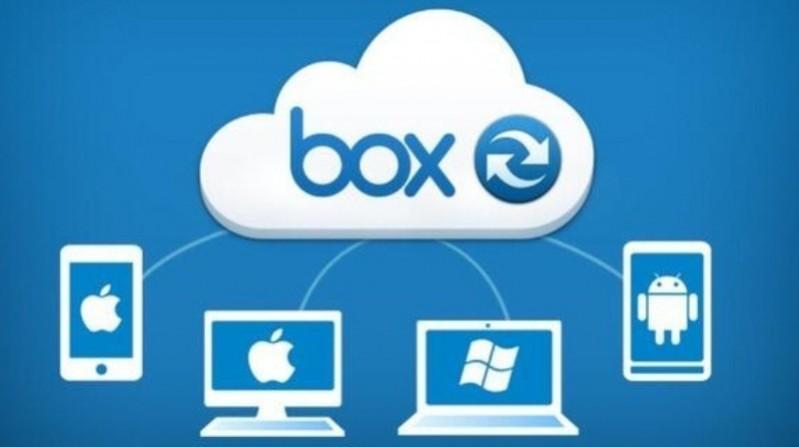
If you are thinking security breaches like the Fappening won't happen to you, think again. Hackers strive for personal data that can be used as leverage, and there's a good chance you could be a target if you are not vigilant.
As the nude photo scandal Fappening 2.0 expands its grip on high-profile celebrities, it is important to follow some safety measures to prevent the same from happening to you.
Nude, private photos and videos of celebrities such as Amanda Seyfried, Emma Watson, Selena Gomez, Demi Lovato, Jennifer Lawrence, Kate Upton, Victoria Justice, and now Miley Cyrus, have been posted online.
In today's world, when accessing information on a person is as simple as doing a web search, it is best to keep private data protected. With some simple steps, users can prevent their private photos and videos from falling into the wrong hands. We have a few important pointers that will help you in the process.
Passwords, passwords, passwords...
Having a strong password is the key to protecting your data. Be it email, social media, bank accounts, or even your cloud account, passwords will prevent most hacks.
It's not just the password that will prevent you from being a victim of instances such as Fappening, it is how strong the password is. If you have a password "abcdef12345" for your account, it is quite predictable and easy to hack. The key is to have a password that is unique and has a combination of letters, numbers and special characters with a minimum length of 8 characters.

The next point to note about passwords is where you've used them. It is not advisable to use the same password for all or more than one account. We understand the pain of remembering multiple passwords, but it is best to do so to avoid being hacked.
Make sure you do not share your passwords with anyone, and we mean ANYONE. It is your account and you should own it completely.
Two-factor authentication
To make accounts secure, most services have enabled two-factor authentication process. Most of us don't bother activating it because of the extra step it involves to log in. But it is extremely helpful and efficient in protecting your accounts.
Once activated, you'll get a unique code sent to your email or phone number that must be entered at the time of login. If you do not have access to your phone, there are always alternate means to login to your account.

Security questions
In case you've forgotten your password, security questions help you get in. But if you choose the question 'what is your date of birth' and have made that information publicly available on Facebook or other social media platforms, what's the point! Make sure you choose the question carefully so the answer is unique.
Automatic uploading media? Think again
Most hacks like Fappening take place through data stored on clouds. While it is convenient to have the data stored online and saves storage on your phone, look at the risks as well. If you do not have a well-protected cloud, setting up an automatic upload for all your media is not recommended. Keep the auto-sync option on your phones turned off, unless you are sure about it.
Backup in a safe place
Even if you choose to back up your data online, make sure you go with a reliable and reputed service provider. But that's not enough. Every cloud service has the option to protect your data by setting up strong passwords. Take that seriously and follow our instructions on how to set a strong password.

In case you choose to back up your data offline, which is logical and safe, make sure your hard drive is stored in a safe place.
If you don't need it, delete it
Finally, data is always at risk if it is available. If you do not need any particular photo or video, it is best to delete it permanently.
After deleting certain files from your phones and PC, make sure to check your cloud so it doesn't stay there. Same goes for social media accounts, where users must consider deleting photos and videos that are not important.







!['Lip lock, pressure, pyaar': Vidya Balan- Pratik Gandhi shine in non-judgmental infidelity romcom Do Aur Do Pyaar [ Review]](https://data1.ibtimes.co.in/en/full/797104/lip-lock-pressure-pyaar-vidya-balan-pratik-gandhi-shine-non-judgmental-infidelity-romcom.jpg?w=220&h=138)








